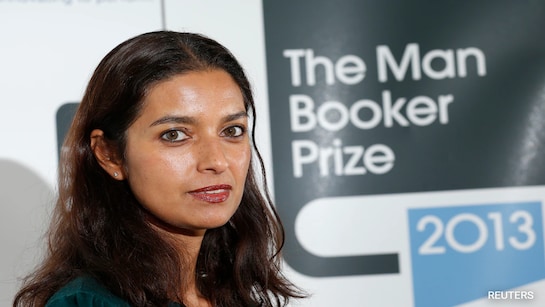Pulitzer Prize-winning author Jhumpa Lahiri has declined the 2024 Isamu Noguchi Award in protest of the Noguchi Museum’s decision to fire three employees for wearing keffiyeh head scarves. The museum, located in New York City, cited an updated dress code policy prohibiting political symbols as the reason for the dismissals.
Lahiri, who received the Pulitzer Prize for her book “Interpreter of Maladies” in 2000, announced her decision to withdraw her acceptance of the award, expressing disapproval of the museum’s new policy. The keffiyeh, a traditional Palestinian scarf, is widely recognized as a symbol of solidarity with Palestine.
The museum acknowledged Lahiri’s decision and issued a statement respecting her perspective, although it stood by its policy, which aims to ban any attire displaying political messages, slogans, or symbols. The controversy has sparked widespread debate, especially in light of recent global events and rising tensions in Gaza.
Protests around the world have seen demonstrators wearing the black-and-white keffiyeh to express support for Palestinian self-determination. The scarf has also been worn historically by prominent figures such as Nelson Mandela in solidarity with Palestinian causes. However, supporters of Israel argue that the keffiyeh is associated with extremist views.
The decision by the Noguchi Museum, founded by Japanese American sculptor Isamu Noguchi, to enforce the dress code has highlighted broader issues regarding freedom of expression in the workplace. Other similar incidents in the U.S. include the firing of a Palestinian American nurse by a New York City hospital after she called Israel’s actions in Gaza a “genocide” during an award acceptance speech.
Lahiri’s decision to decline the award underscores the ongoing tension and the cultural significance of political symbols in contemporary discourse. The museum’s policy and the ensuing reactions reflect the complex dynamics of political expression and institutional regulation in today’s socio-political climate.



